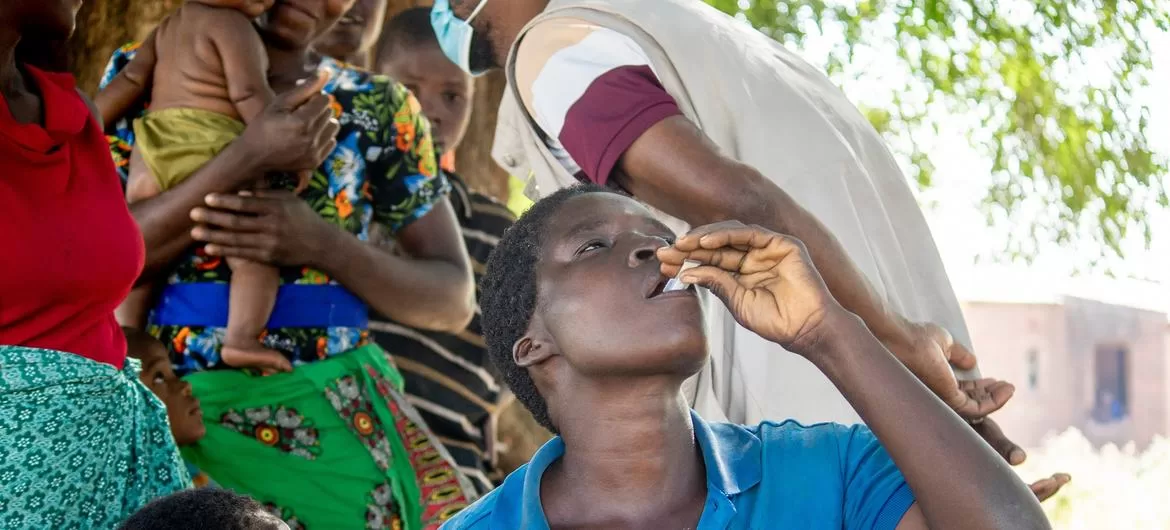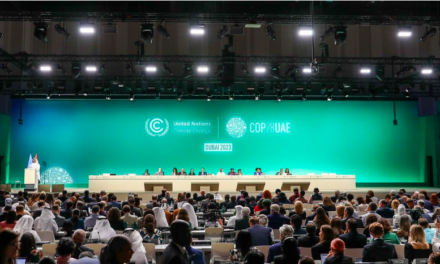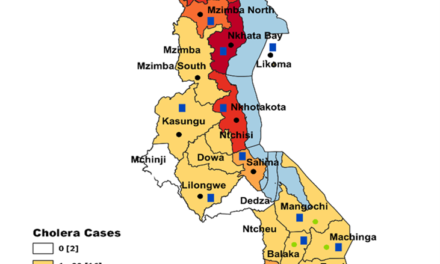Khartoum, August 18, 2024 — Sudan’s Health Minister, Haitham Mohamed Ibrahim, officially declared a cholera outbreak in the country today, following a grim announcement from the World Health Organization (WHO) that the disease has claimed the lives of 316 people. This declaration adds to the growing list of public health crises that have emerged since the outbreak of war in Sudan.
The cholera outbreak comes as Sudan grapples with an ongoing conflict between the Sudanese Armed Forces (SAF) and the paramilitary Rapid Support Forces (RSF), which erupted in April 2023. The war has not only displaced millions but also severely disrupted the country’s healthcare infrastructure, leading to the rapid spread of epidemic diseases. Alongside cholera, outbreaks of malaria and measles have been reported, further straining the already overwhelmed healthcare system.
Cholera’s Devastating Impact
Cholera, an acute diarrheal disease caused by the ingestion of contaminated food or water, has spread rapidly in Sudan, exacerbated by poor sanitation conditions and a lack of access to clean drinking water. The ongoing conflict has only worsened these conditions, making it difficult for health authorities to contain the outbreak. The WHO has expressed deep concern over the rising number of cases, warning that without immediate intervention, the death toll could rise significantly.
In a statement, Minister Ibrahim underscored the urgent need for international assistance, stating, “The cholera outbreak is a direct consequence of the deteriorating public health situation in Sudan. We are facing a humanitarian crisis that requires swift and coordinated global support to prevent further loss of life.”
Humanitarian Crisis
The war between the SAF and RSF has devastated Sudan’s infrastructure, including its healthcare facilities. Many hospitals and clinics have been damaged or destroyed, and medical supplies are in short supply. The ongoing violence has also made it difficult for international aid organizations to deliver much-needed assistance, further complicating efforts to control the cholera outbreak.
The WHO, along with other international health agencies, is working closely with Sudan’s Ministry of Health to provide emergency medical supplies, including rehydration solutions, antibiotics, and cholera vaccines. However, the challenges are immense, with widespread displacement, malnutrition, and limited access to healthcare creating a perfect storm for the spread of infectious diseases.
A Call for Global Action
The declaration of a cholera outbreak is a stark reminder of the humanitarian toll of the ongoing conflict in Sudan. With over 316 confirmed deaths and many more at risk, the situation demands urgent global attention. Humanitarian organizations are calling on the international community to step up support for Sudan, including funding for emergency health interventions and efforts to restore basic services such as water, sanitation, and healthcare.
As Sudan continues to face the dual threats of war and disease, the need for peace and stability has never been more urgent. Without a resolution to the conflict and a concerted effort to address the public health crisis, the people of Sudan will continue to suffer the devastating consequences of this ongoing tragedy.












